At local farmers markets, stallholders have more freedom as to what they can say, make claim to and add to their signage. How do you know if the food you’re buying is actually organic or ‘pesticide spray free’? Do you take everything at face value and trust what you are being told? If you want to find out more from your farmers, then here are the top 5 questions to ask them.
1. I’m allergic to chemicals, is your produce safe? Is it completely chemical free?
- There are so many chemicals that could be sprayed on your fruit and vegetables or even used during the processing of some of the food sold at local markets.
- If the food is chemically free, they may not be certified organic yet as the process is quite expensive and lengthy.
2. Is it CERTIFIED organic?
- If the producer says it is, you can ask who they are certified with and ask to see the certificate.
3. Is there a farm nearby that sprays chemicals on their produce?
- Unfortunately chemicals like glyphosate travel in the air, so it’s a good idea to find out who their neighbouring farms are and how they practice.
- A farm cannot become certified organic if their neighbour sprays chemicals. Therefore if you are buying from a stall that claims their produce is ‘spray free’, their neighbouring farm may spray chemicals, which is probably contaminating all the crops surrounding it. This is something to be mindful of.
4. Is any of the produce grown on your farm genetically modified, chemically hybridised or altered in any way?
- Produce may be labelled as ‘spray free’ or even ‘organic’ however it may have been altered in one way or another.
5. What is the name of your farm and where is it located?
- If you are still unsure then research the farm online and you could contact the farm to ask more questions.
We all have the right to know the truth about where our food is coming from. We are in a crisis where we are consistently being exposed to chemicals through the air we breathe, the grass we touch, the plastic containers our food is packaged in and much more. Therefore control your chemical exposure where you can, particularly in your own home.
Happy changing habits.
Sheridan Williamson
Nutritionist


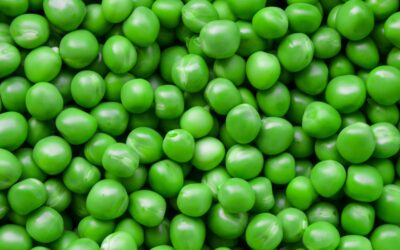

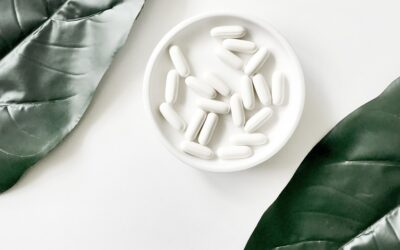
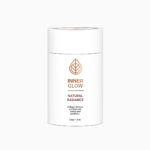

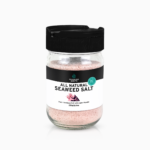
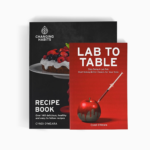
Great Questions to ask Sheridan.
Just a comment – healthy food has to grow in healthy soil. Chemical free doesn’t necessarily mean healthy because IF the soils are deficient in nutrients – then so is the food and the whole point of getting away from processed food is to eat more nutrient dense natural food. Growers that are focused on bio-diversity and the biological health of the soil and the regeneration of their whole farm system will have the healthist food. Organic growers do not HAVE to do this. They can become certified based on what they don’t do but no-one monitors what they do do.
Unfortunately – just sourcing organic isn’t a “tick” to the best. It is only a factor to consider (and a great place to start.)
Building repour and trust in the people you buy from, researching their background and educating ourselves about the various methods used to grow food is a good start. Observing how long the food lasts, how it tastes, how quickly it decomposes are also good monitoring tools.
Lastly – if you find that amazing grower – honour the efforts and economic losses they will experience growing their amazing produce naturally – by paying a premium price for their produce.